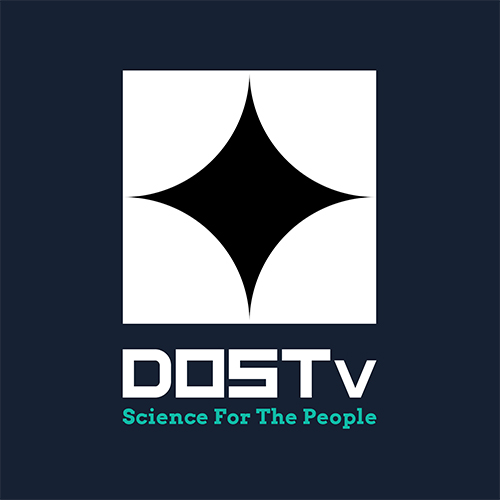- Details
Clients for the country’s first state-of-the-art electronics and semiconductor test lab, the Advanced Materials Testing Laboratory (ADMATEL) of the Department of Science and Technology (DOST), are expected to double this year as the global electronics and semiconductor (S&E) industry sees a stronger outlook.
This was learned during DOST’s media briefing “Agham na Ramdam” at the ADMATEL facility in DOST Complex, Bicutan, Taguig City.
Read more: DOST’s ADMATEL helps build a stronger semicon industry in PH
- Details
University of the Philippines-Visayas Political Science Professor Dr. Rosalie A. Hall is pushing for a review of the Philippine Water Code, among others. “Water is not a free good,” Dr. Hall said in her talk. Emphasizing that water is technically owned by the state, Dr. Hall said that people can use and develop water resources through permits or concessions.
Among other things, the Water Code of the Philippines laid down the basic principles and framework relating to the appropriation, control and conservation of water resources. This leads to the optimum development and rational use of these resources. This Code also defined the extent of the rights and obligations of water users.
- Details
Dr. Jaime C. Montoya, executive director of the Philippine Center for Health Research and Development (PCHRD-DOST), received the prestigious Career Executive Service award during the Annual CES Conference held at the Waterfront Cebu City Hotel in November last year.
Dr. Montoya initiated the creation of the ASEAN-Network for Drugs, Diagnostics, and Vaccines Innovation (ASEAN-NDI) that enables R&D experts, government administrators and scientists in the region to work together to discover and develop health technologies that will address health problems and push forward the health industry among the ASEAN member states. Said health technologies include diagnostic tools, strategies, drugs, traditional medicine, vaccines and functional tools.
Read more: Montoya gets Gawad CES award for initiatives in health and medical research

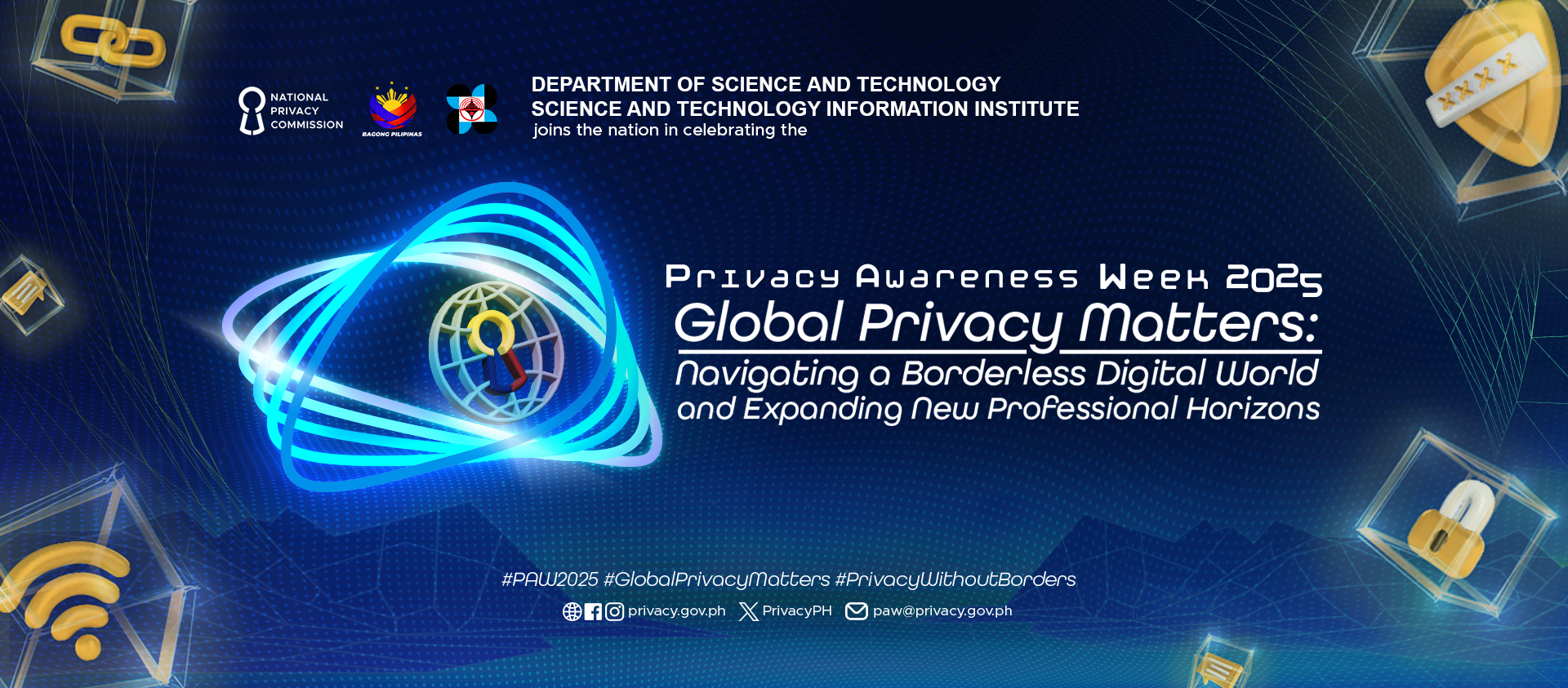
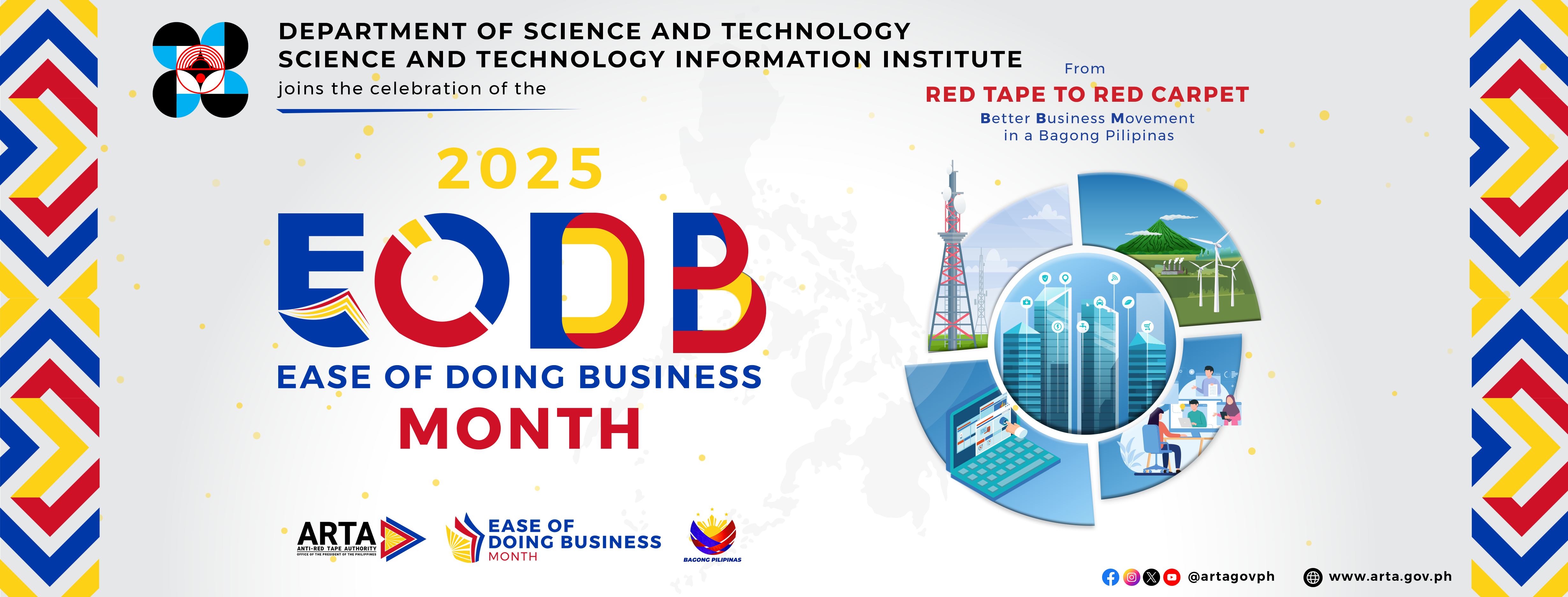
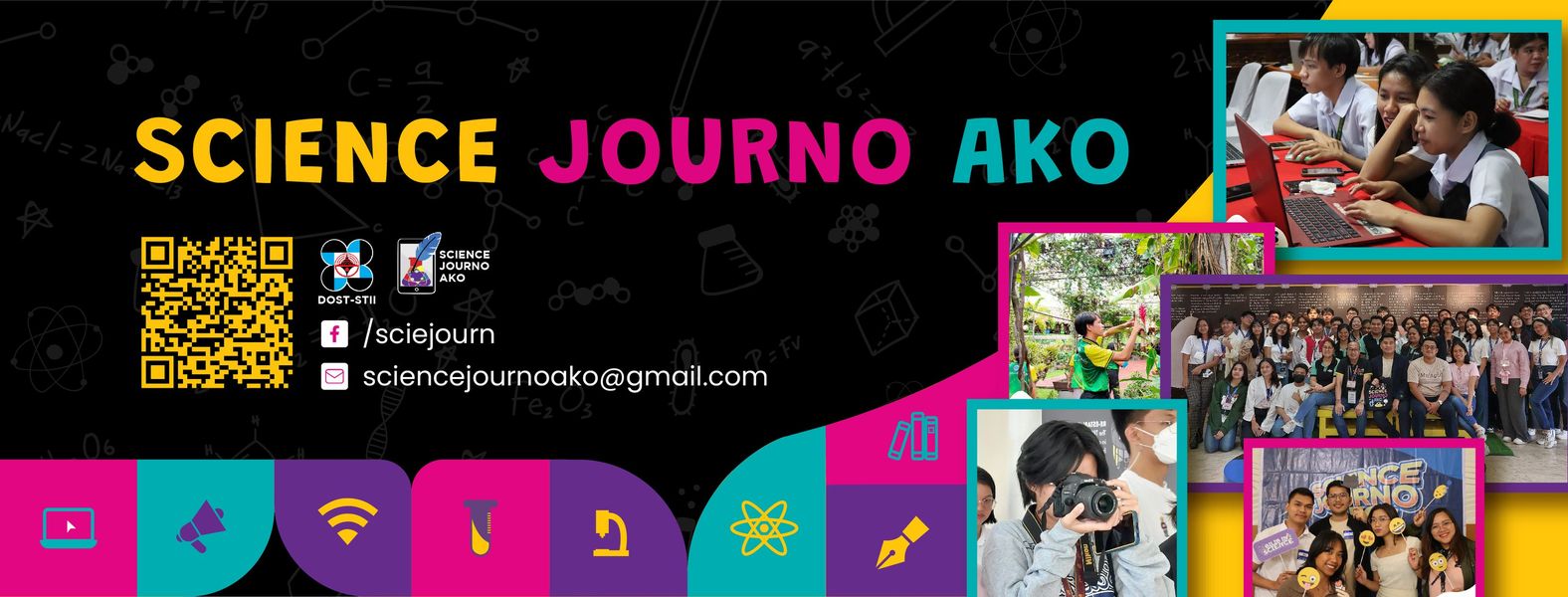
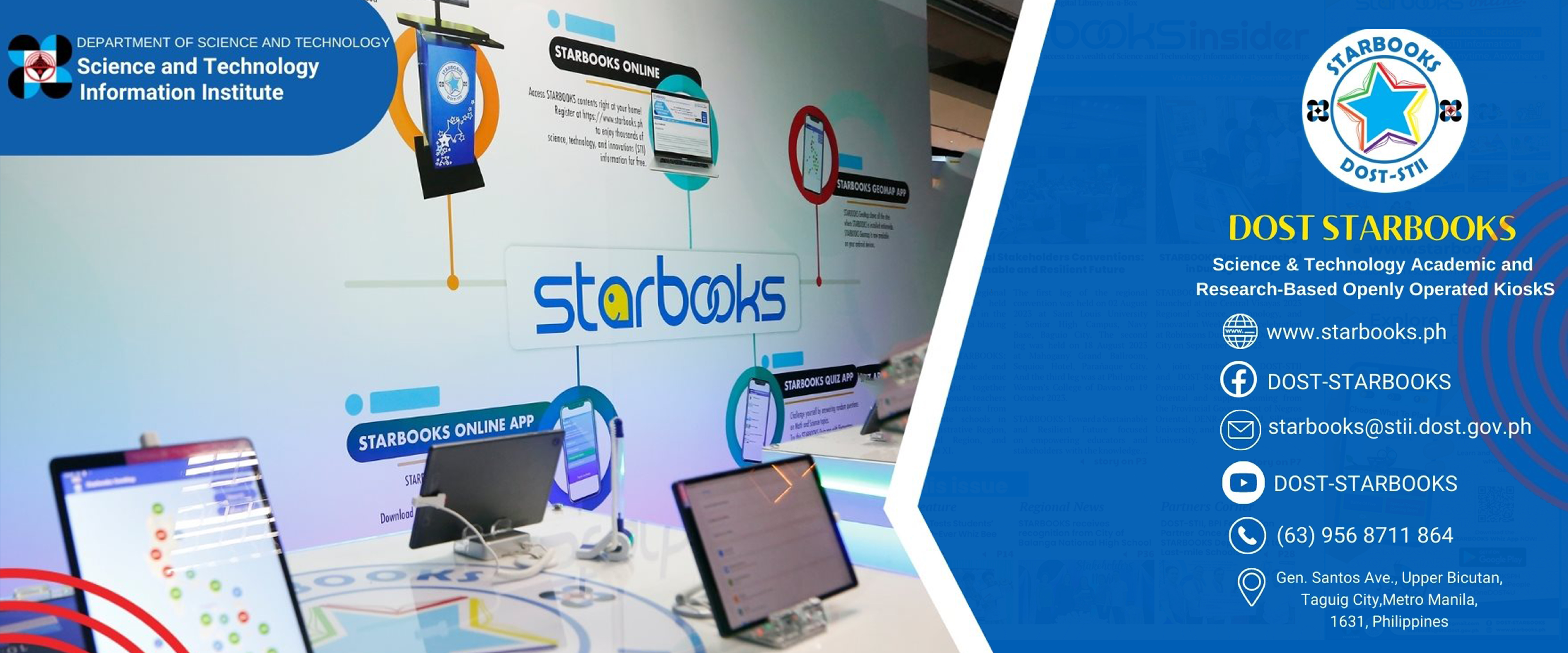
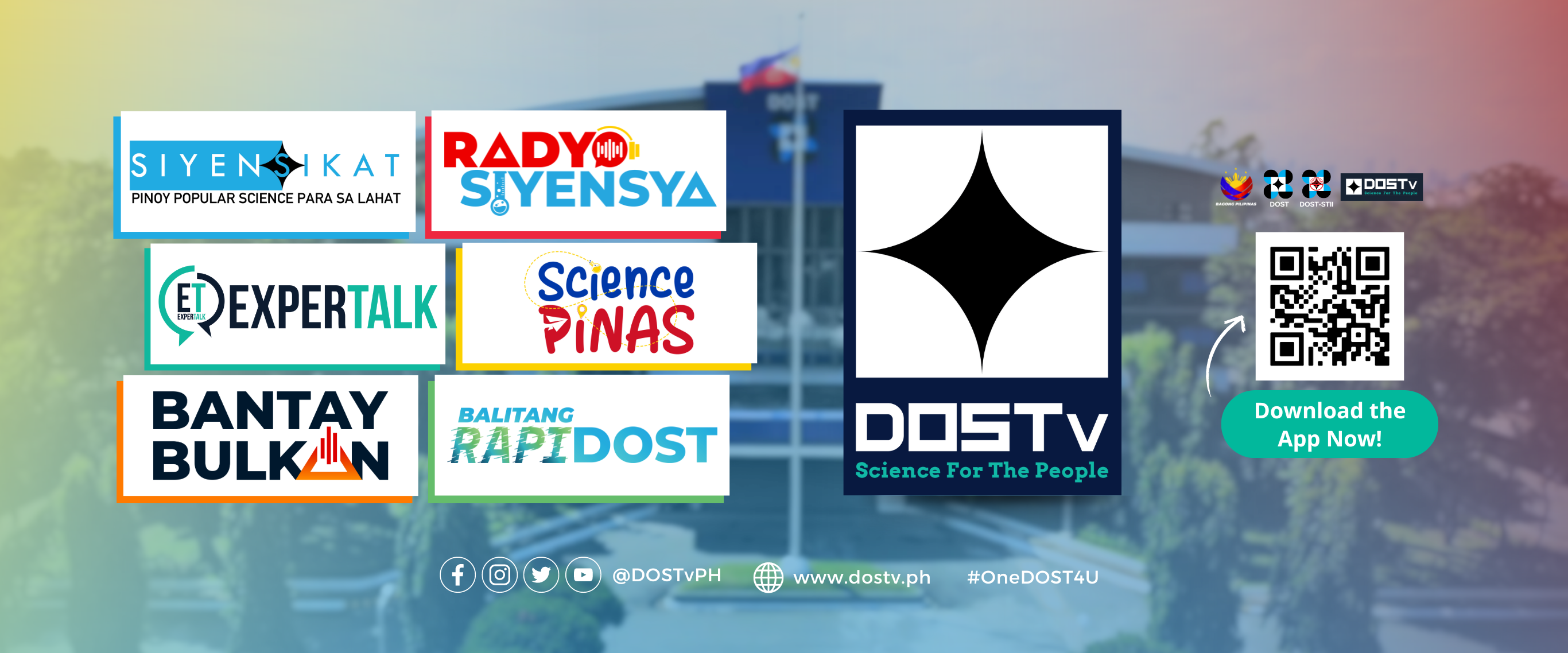

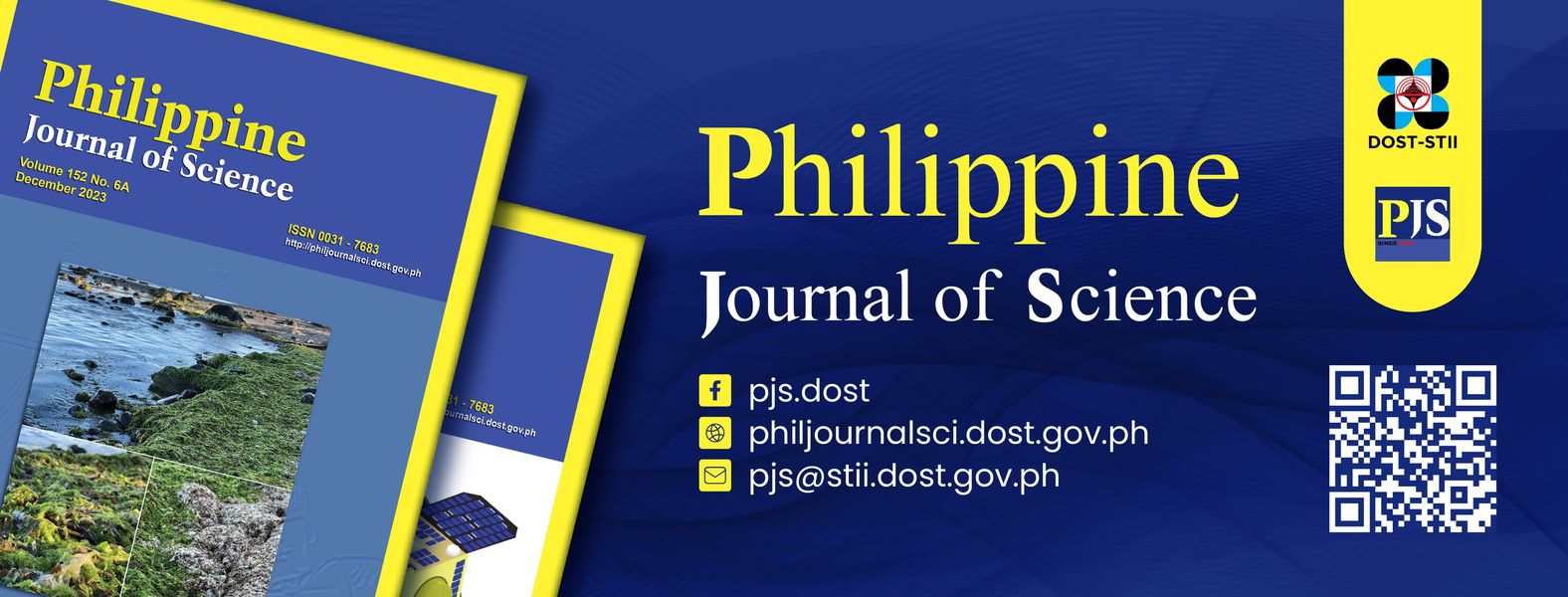


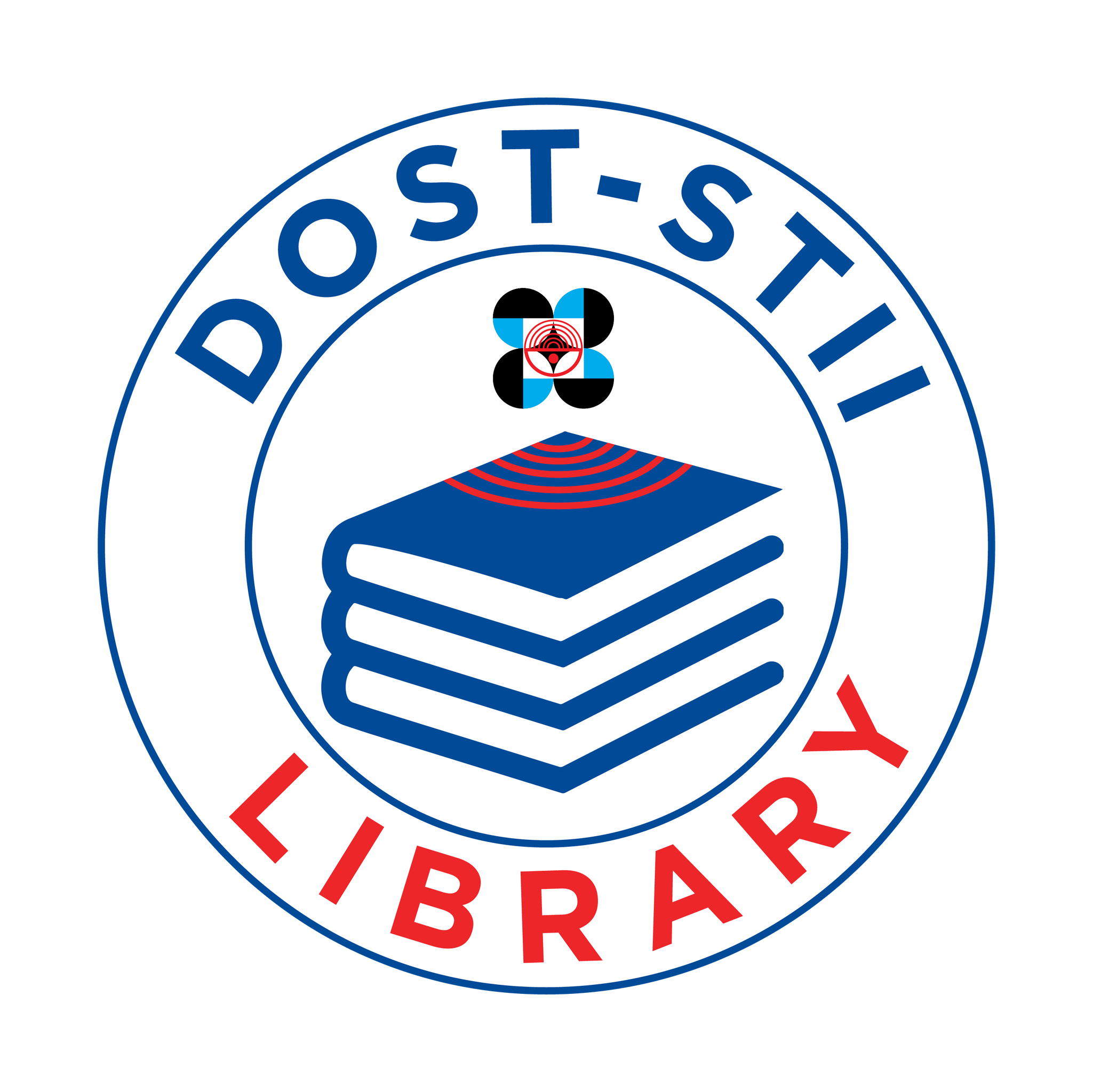

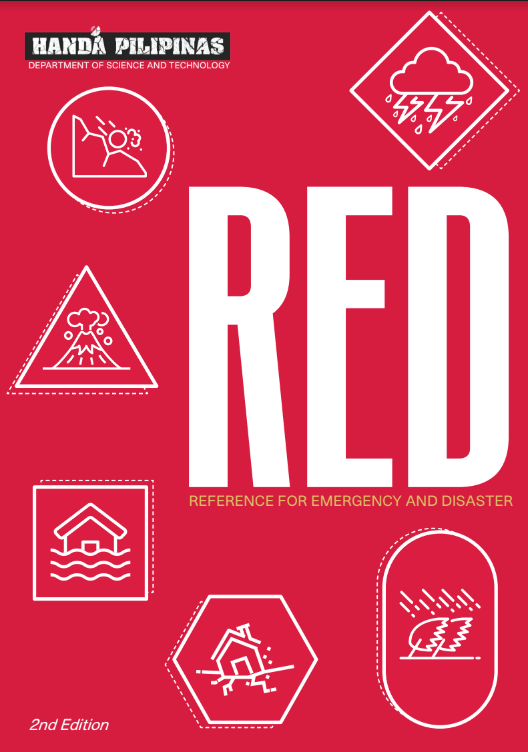

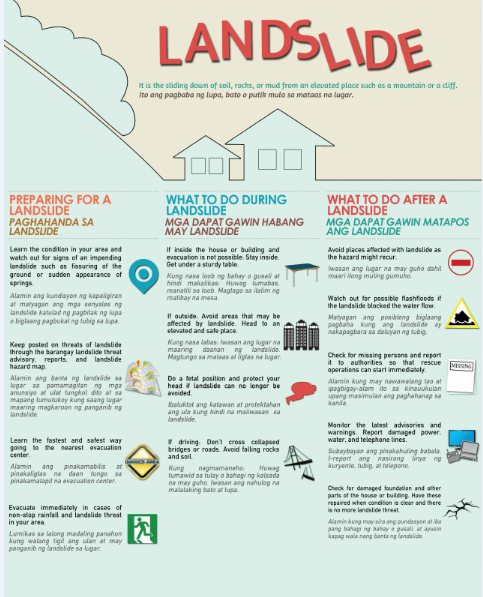
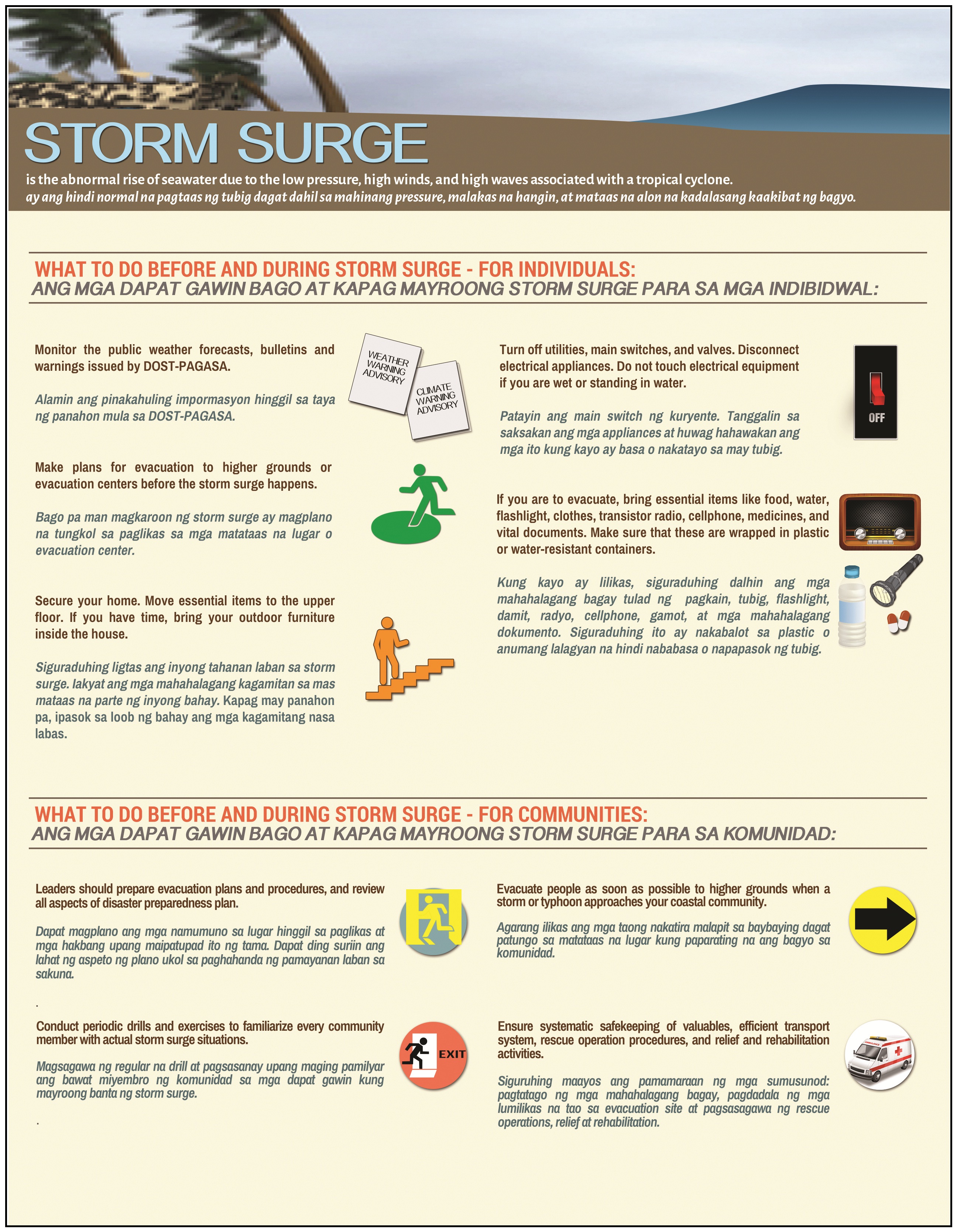
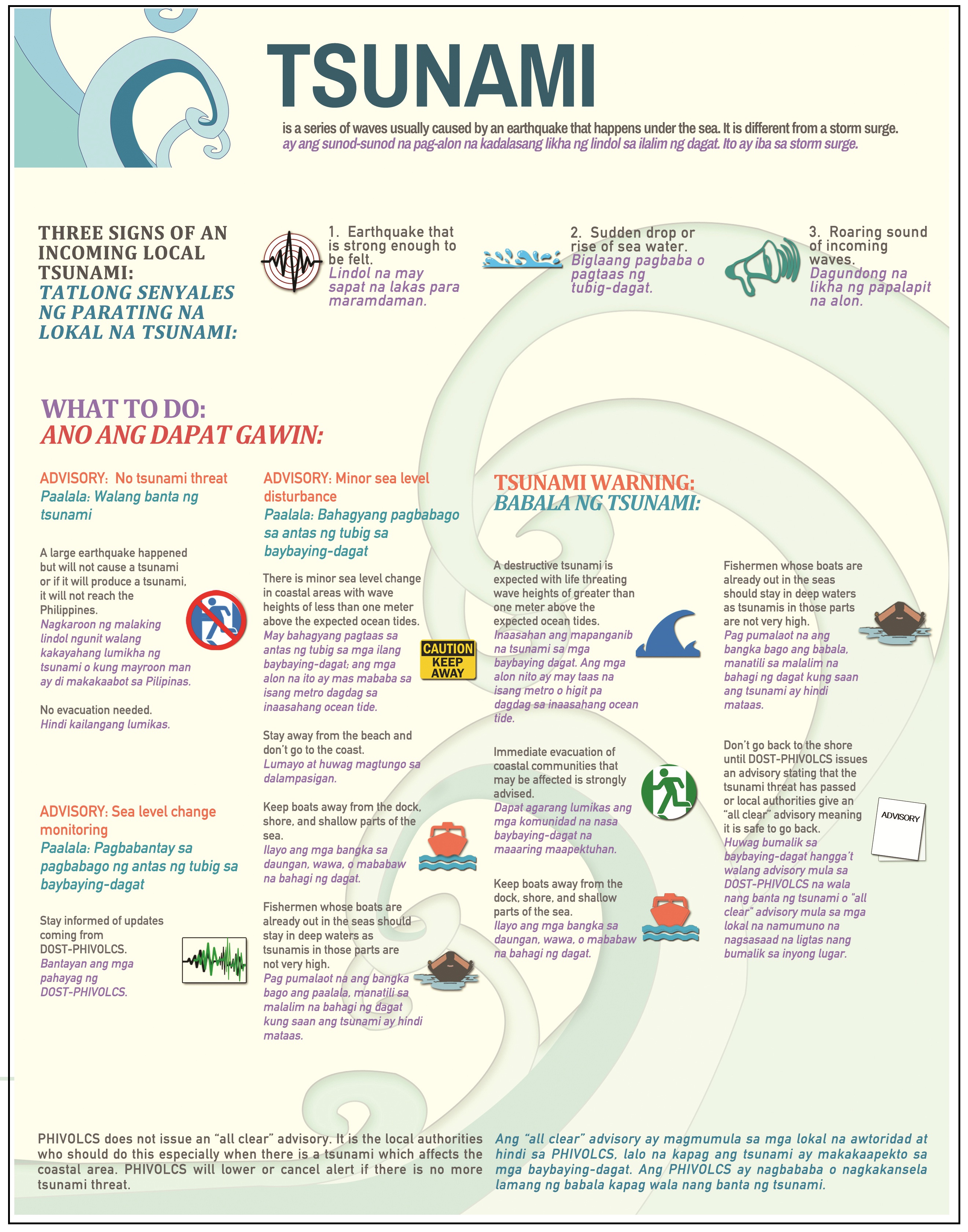
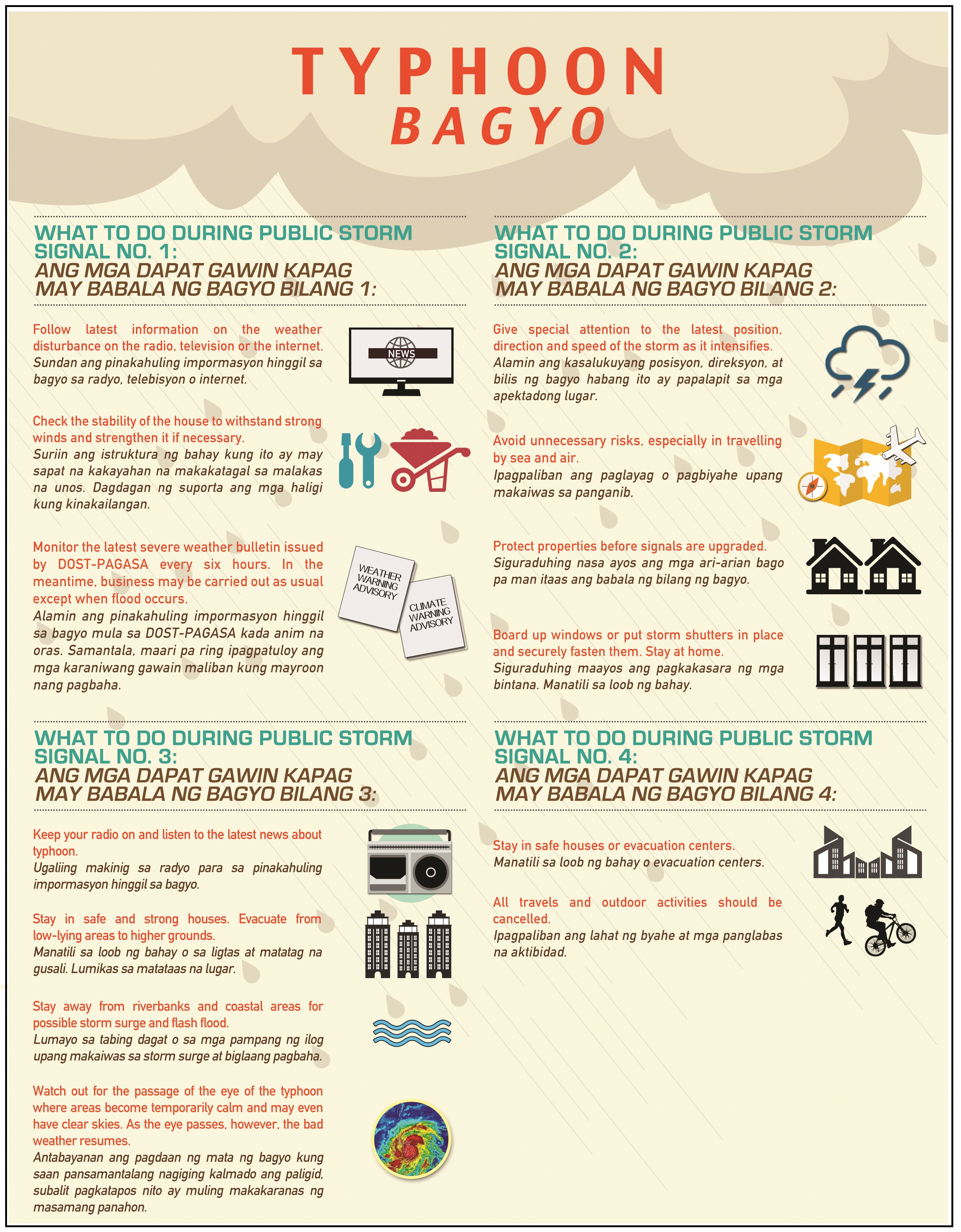
 21 in 2021 Technology Catalogue
21 in 2021 Technology Catalogue 21 in 2021 Technology Catalogue
21 in 2021 Technology Catalogue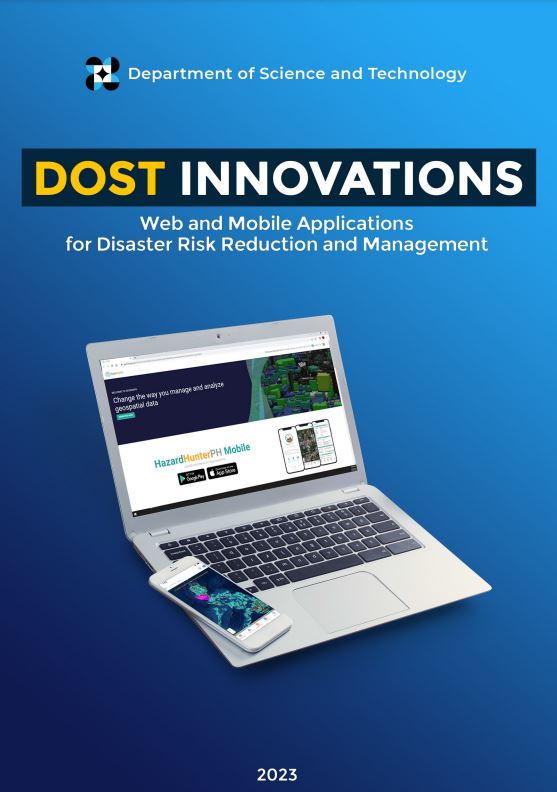 DOST Innovations - Web and Mobile Applications for Disaster Risk Reduction and Management
DOST Innovations - Web and Mobile Applications for Disaster Risk Reduction and Management